
Apr 11, 2014 | News
The ICJ expressed concern at today’s decision by the Kuala Lumpur High Court to dismiss the challenge by Lena Hendry, programme coordinator of the human rights advocacy organization Pusat Komas, to the constitutionality of elements of the Film Censorship Act 2002.
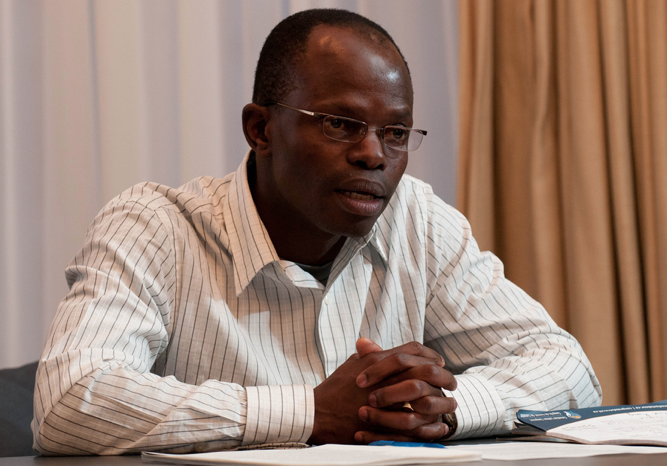
Apr 9, 2014 | News
The ICJ is gravely concerned at reports that fresh arrest warrants have been issued for human rights lawyer Thulani Maseko and journalist Bheki Makhubu following efforts by the court to have them remanded in custody.
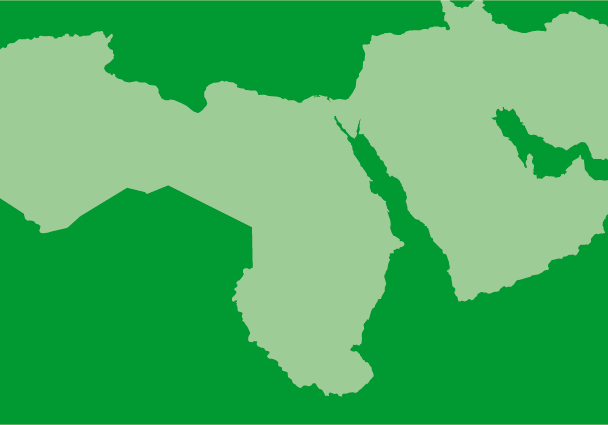
Apr 8, 2014 | News
The ICJ today welcomed steps taken by the Palestinian authorities to accede to core international human rights and humanitarian law conventions.
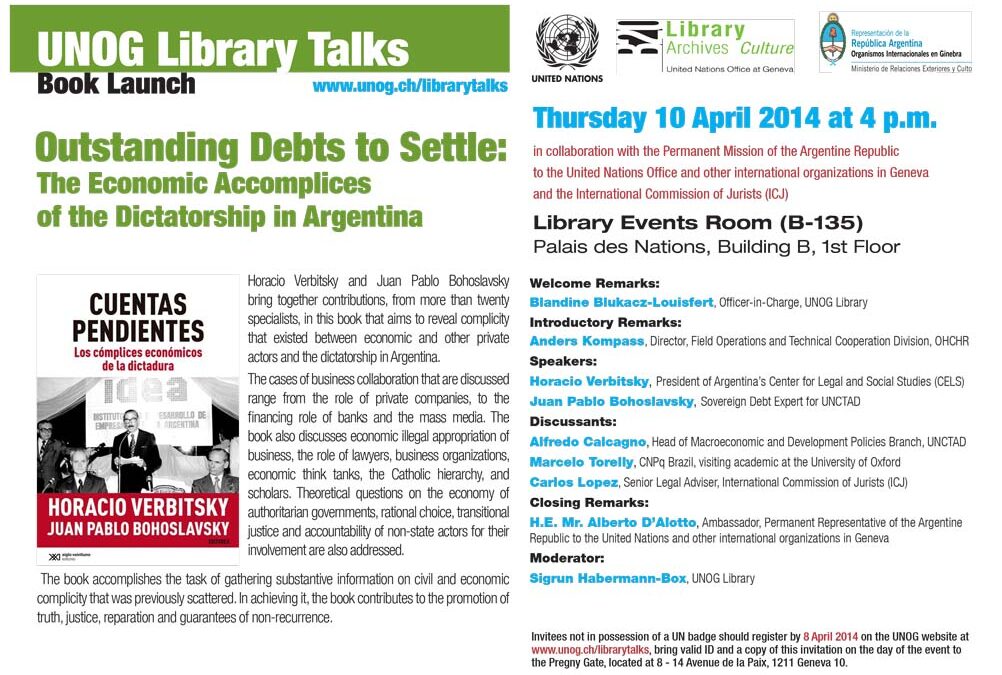
Apr 7, 2014 | Events, News
This is the English title of a book by Horacio Verbitsky and Juan Pablo Bohoslavsky, with contributions from more than twenty specialists, which reveals complicity between private actors and the dictatorship in Argentina.
The book will be launched on 10 April at 4 pm (16.00)in the Library Events Room (B-135) at the Palais des Nations, Building B, 1st floor, in Geneva.
Carlos Lopez, ICJ Senior Legal Adviser on Business and Human Rights will be among the discussants at the event. He contributed one chapter of the book, on corporate complicity.
The cases of business collaboration discussed in the book range from the role of private companies, to the financing role of the banks and the mass media.
The book also discusses economic illegal appropriation of business, the role of lawyers, business organizations, economic think tanks, the Catholic hierarchy, and scholars.
UNOG-launch book corporate complicity in Argentina-news-events-2014 (full invitation in pdf or you can also enlarge the picture)
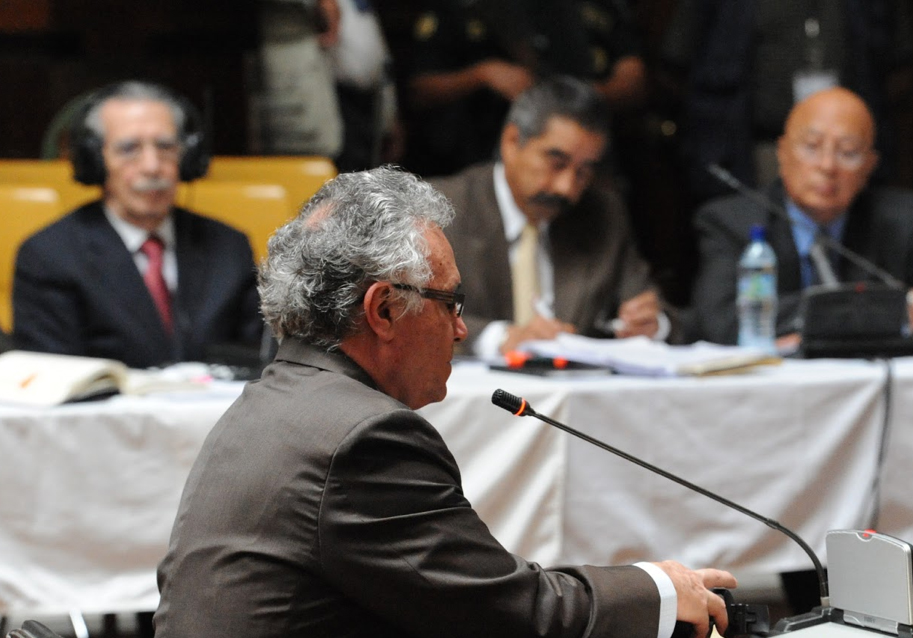
Apr 5, 2014 | News
El 5 de abril de 2014 tribunal de honor del colegio de abogados de Guatemala emitió una resolución en la que acordó la “suspensión temporal en el ejercicio de su profesión a la jueza Yasmin Barrios” por haber faltado el respeto al abogado Moises Galindo.
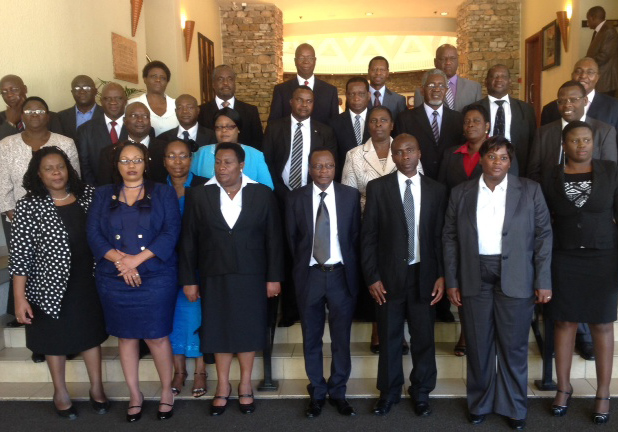
Apr 4, 2014 | News
The Judicial Service Commission of Zimbabwe and the ICJ are holding a first-term symposium for Judges from Zimbabwe at Elephant Hills, Victoria Falls in Zimbabwe on 4-5 April 2014.










